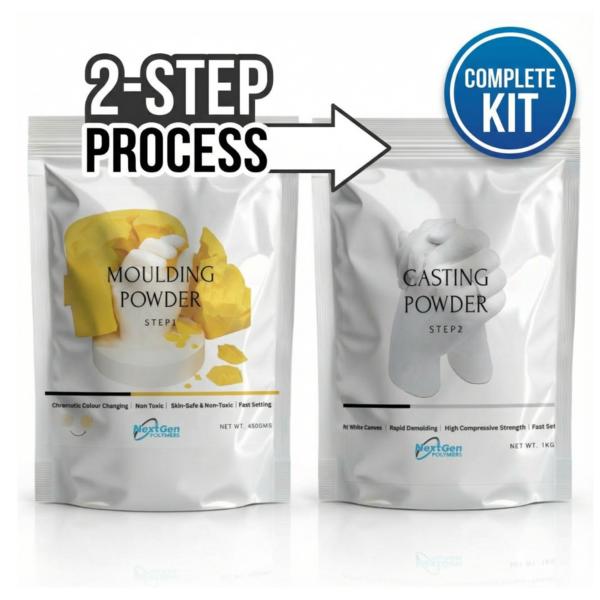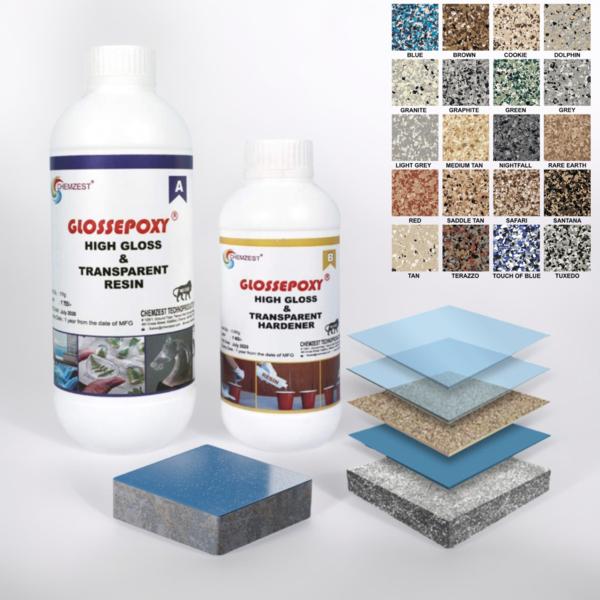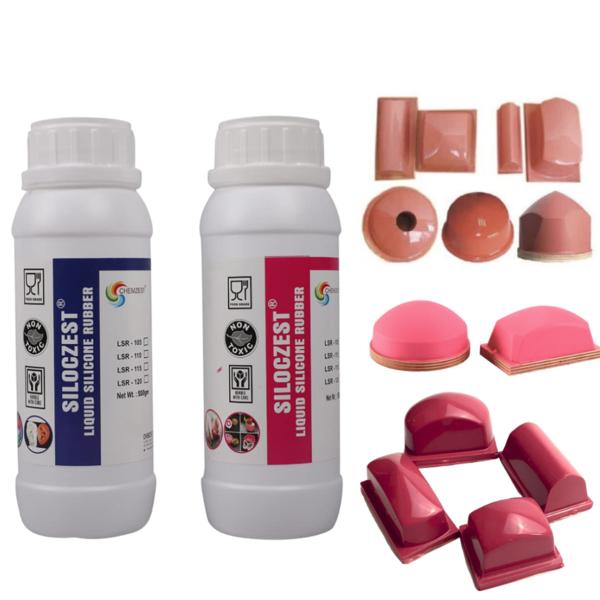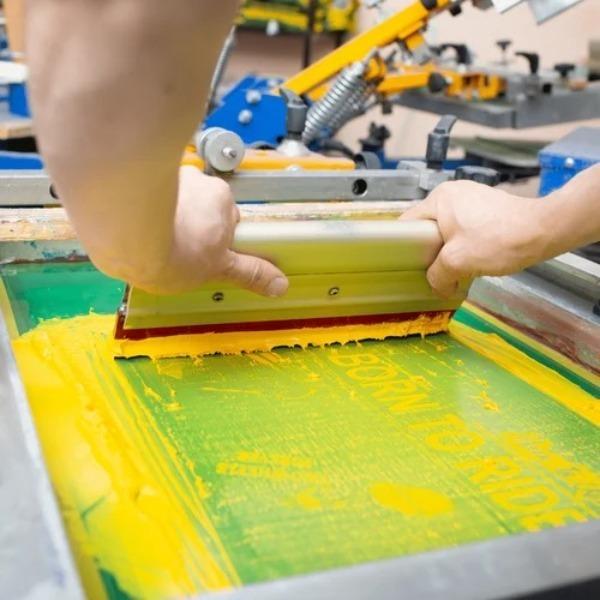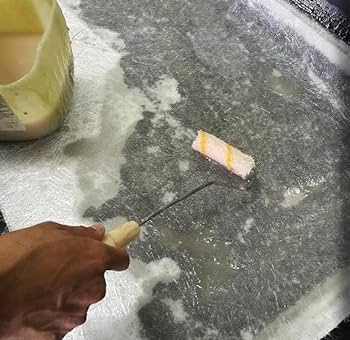
General-purpose resin is a versatile type of synthetic resin used in a wide range of applications due to its cost-effectiveness, ease of use, and satisfactory performance characteristics. These resins are commonly employed in both industrial and DIY projects. Here’s an overview of general-purpose resins, their types, properties, and common applications:
### Types of General-Purpose Resins
**1. Polyester Resin:**
- **Description:** One of the most widely used general-purpose resins, polyester resin is often chosen for its balance of performance and cost.
- **Properties:**
- Good mechanical strength
- Easy to work with
- Fast curing times
- Cost-effective
- **Applications:** Boat hulls, car body repairs, fiberglass-reinforced plastics, and casting.
**2. Epoxy Resin:**
- **Description:** Known for its excellent adhesive properties and durability, epoxy resin is another popular general-purpose resin.
- **Properties:**
- High tensile strength
- Excellent adhesion
- Good chemical resistance
- Longer curing times compared to polyester
- **Applications:** Coatings, adhesives, electrical insulation, and composite materials.
**3. Vinyl Ester Resin:**
- **Description:** A type of resin that offers improved chemical and thermal resistance compared to polyester resins.
- **Properties:**
- Superior chemical resistance
- Higher flexibility and impact resistance
- Intermediate cost between polyester and epoxy resins
- **Applications:** Chemical storage tanks, corrosion-resistant linings, and marine applications.
### Common Applications of General-Purpose Resins
**1. Construction and Repair:**
- **Roofing and Waterproofing:** Used in coatings and sealants to provide waterproof barriers.
- **Concrete Repair:** Applied in resin-based repair mortars and coatings for concrete structures.
- **Flooring:** Epoxy and polyester resins are used in industrial and decorative flooring systems.
**2. Automotive:**
- **Body Repairs:** Polyester resins are widely used for repairing and reinforcing car bodies and panels.
- **Composite Parts:** Epoxy resins are used in the production of lightweight and durable composite materials for automotive parts.
**3. Marine:**
- **Boat Building and Repair:** Polyester and vinyl ester resins are commonly used in the construction and repair of boats and marine structures due to their resistance to water and chemicals.
**4. Industrial Applications:**
- **Coatings and Linings:** Epoxy and vinyl ester resins are used in industrial coatings and linings to protect surfaces from corrosion and wear.
- **Adhesives:** Epoxy resins are extensively used as industrial adhesives for their strong bonding properties.
**5. DIY and Crafts:**
- **Casting and Molding:** General-purpose resins are popular for making castings, molds, and decorative items.
- **Fiberglass Projects:** Used in conjunction with fiberglass mats or cloth to create strong, lightweight structures and repairs.
### Advantages of General-Purpose Resins
- **Cost-Effective:** Relatively low cost compared to specialty resins.
- **Versatile:** Suitable for a wide range of applications.
- **Ease of Use:** Simple mixing and application processes.
- **Availability:** Readily available in various formulations to meet different needs.
### Working with General-Purpose Resins
**1. Preparation:**
- Ensure surfaces are clean, dry, and free from contaminants.
- Measure and mix resin and hardener (or catalyst) according to manufacturer’s instructions.
**2. Application:**
- Apply the mixed resin to the surface or mold, ensuring even coverage.
- For reinforced applications, layer the resin with fiberglass mat or cloth, ensuring it is fully saturated.
**3. Curing:**
- Allow the resin to cure as per the specified time. Curing times can vary based on the type of resin and environmental conditions.
- Post-curing may be required for certain applications to achieve full mechanical properties.
**4. Safety Considerations:**
- Work in a well-ventilated area to avoid inhaling fumes.
- Wear protective gloves, safety glasses, and appropriate clothing to prevent skin contact and eye irritation.
- Follow all safety guidelines provided by the resin manufacturer.
General-purpose resins are indispensable in many industries and DIY projects, offering a balance of performance, cost, and ease of use. Whether for construction, repairs, or crafting, these resins provide reliable solutions for a wide range of applications.


